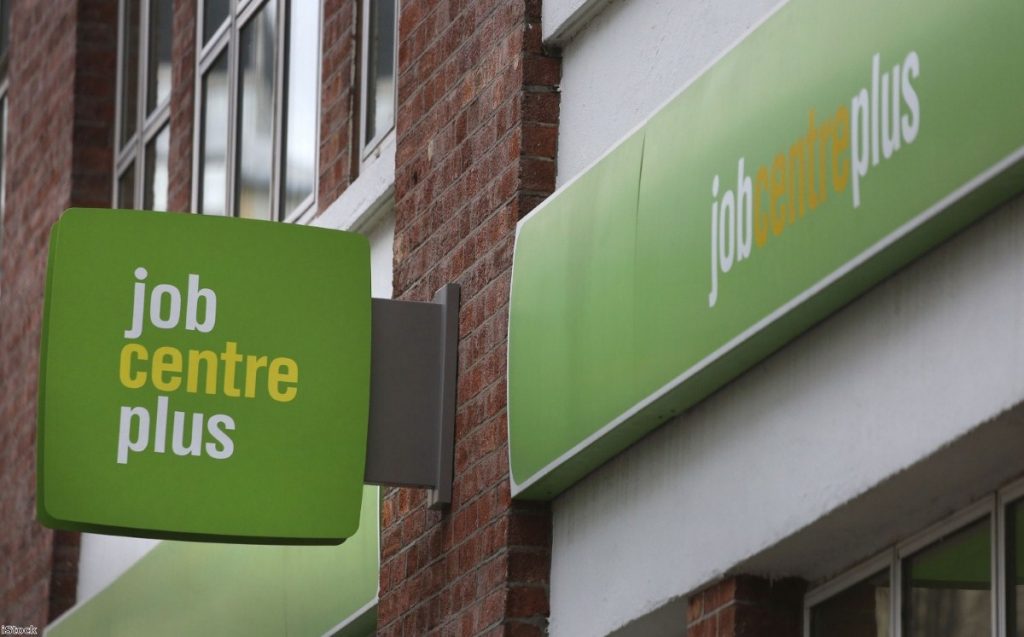Research published on Sunday by the free-market think tank the Centre for Policy Studies (CPS) and the firm Public First has controversially suggested that there is polling evidence of a “long-term collapse in support for the welfare state”.
Previous polling has suggested that public opinion towards welfare had become more sympathetic during the Covid 19 pandemic. Indeed, YouGov surveys between 2018 and 2021 showed a 16% swing in the public perception that benefit levels are too low.
However, today’s report cites further polling showing that British voters, by a margin of 2:1, thought that the country’s welfare system was unfair, with the perception that it failed to sufficiently reward previous contributions.
The findings of the three year study come at the end of a week when opposition politicians at Westminster have turned up the heat on government plans to abolish the £20 week uplift in universal credit introduced at the start of the pandemic. In response, today’s report argues that people with a record of work should receive a one-year boost to their Universal Credit of £5 per week for every five years worked.


The report argues that the government should abolish rules that force people to spend their savings before claiming benefits; that access to Universal Credit must be sped up; and that it ought to be offered in weekly, not just monthly payments.
The report’s authors suggest that the public support their recommendations, with voters backing the savings proposals by 61% to 26%. They also suggest that the majority of the public support the government in not making the £20 uplift in Universal Credit permanent.
James Heywood, CPS’ head of welfare and opportunity who co-authored the report, said “As we have seen in the last year, the welfare system can play an essential role in helping people through bad times. For a generous welfare state to be sustainable over the long term, however, it has to be seen by the public as fair.”
The think tank the Resolution Foundation warned this week that workers would have to put in an nine extra hours per week to make up for the loss of the £20 uplift, when pension contributions, childcare and travel costs were taken into account.









